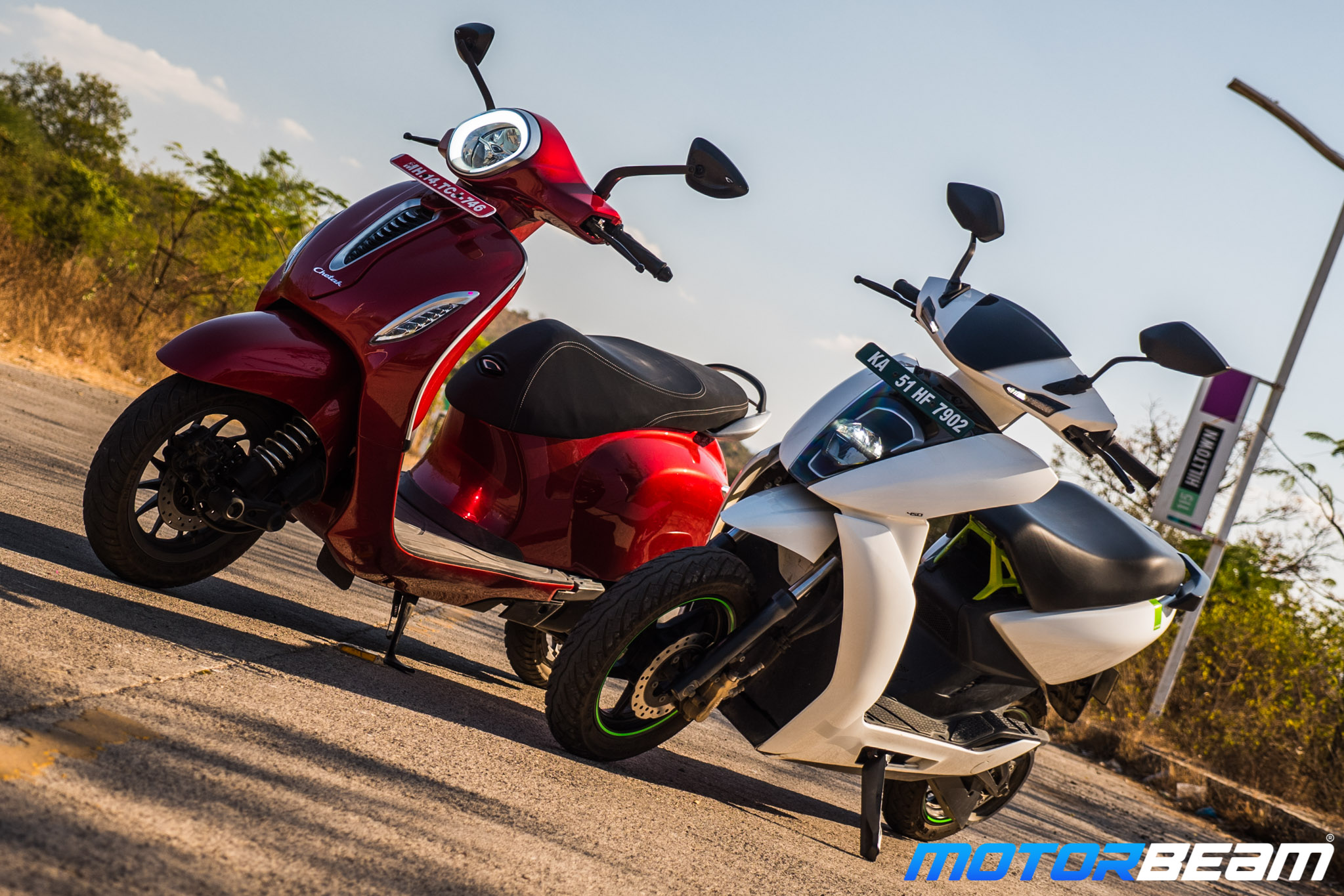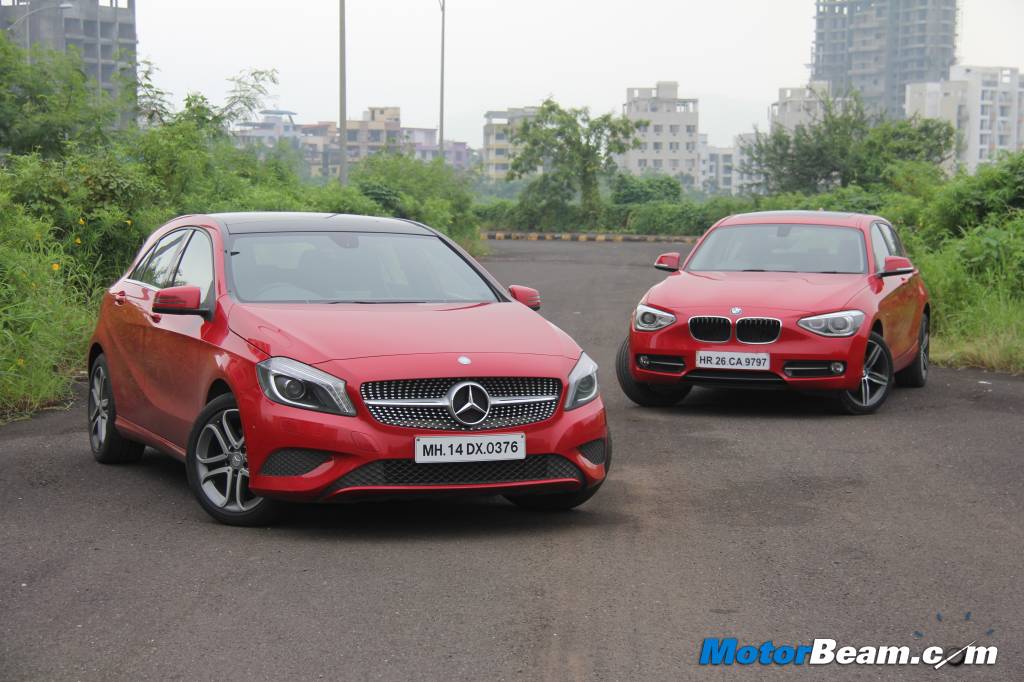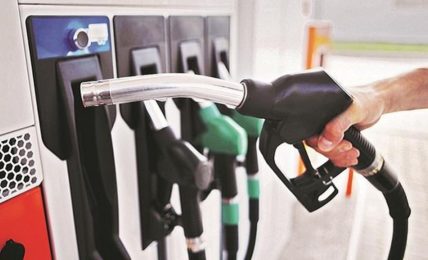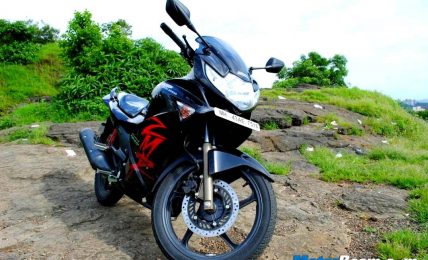
Government announces Rs. 2671 crores allocation to continue FAME subsidy
In a move aimed at sustaining the momentum of electric vehicle adoption in the country, the government has announced an allocation of Rs. 2671 crores for the Faster Adoption and Manufacturing of (Hybrid and) Electric Vehicle (FAME) scheme in the current financial year.
While there was no explicit mention of extending the FAME II scheme beyond 31st March or introducing a third phase, the allocation for the upcoming financial year hints at the continuity of incentives for EVs. The revised estimate for the next financial year stands at Rs. 4807 crores, indicating the government’s intent to sustain support for electric mobility initiatives.
The FAME scheme, launched in 2015 with subsequent phases introduced in 2019, has played a pivotal role in promoting EV adoption across various vehicle segments. Under FAME II, the government targeted the deployment of 7000 e-buses, 5 lakh e-three-wheelers, 55,000 electric four-wheeler passenger cars and 10 lakh electric two-wheelers. The scheme’s extension to March 2024, in response to the COVID-19 pandemic, facilitated continued progress towards achieving these goals.
According to the Ministry of Heavy Industries, subsidies totalling Rs. 5294 crores have been disbursed to EV manufacturers, supporting the adoption of 11.80 lakh electric vehicles. Notably, a significant portion of these subsidies has been directed towards incentivising the production and purchase of electric two-wheelers, three-wheelers and four-wheelers.
The announcement comes amidst mounting pressure from industry stakeholders and OEMs, particularly in the two-wheeler segment, urging the government to extend the scheme. The demand subsidy provided under FAME has been instrumental in stimulating the initial uptake of electric vehicles, paving the way for a greener transportation ecosystem in the country.
Finance Minister Nirmala Sitharaman, while refraining from mentioning specific details about the FAME scheme in her budget speech, highlighted the government’s broader commitment to bolstering the e-vehicle ecosystem through support for manufacturing and charging infrastructure.
As the government gears up to present the full budget for the next financial year in July, following the upcoming Lok Sabha elections, stakeholders await further clarity on the future trajectory of EV subsidies and policies.




